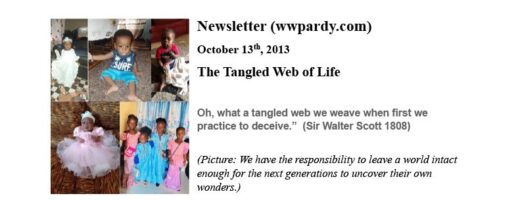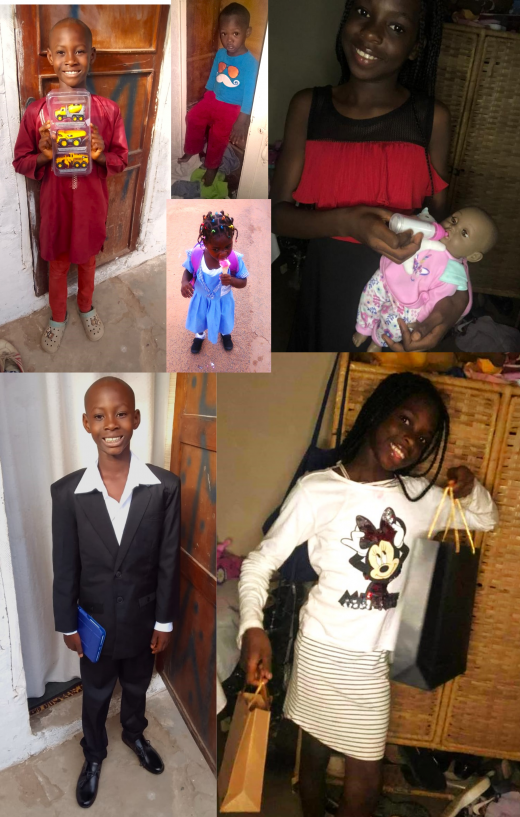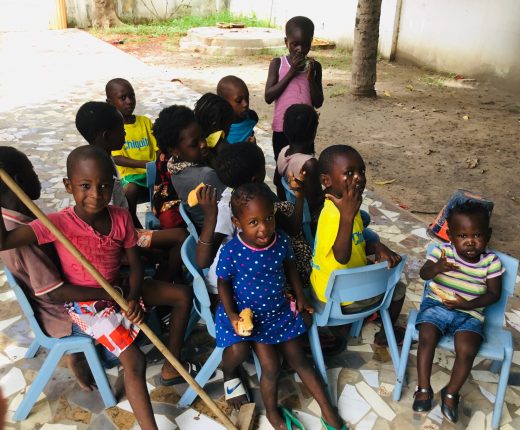My niece recently introduced me to the government’s Arts and Letters Awards competition and its various opportunities for artists. It is an excellent source for artists and writers to share their work. The theme of this year’s essay contest is the “Promotion of Peace and Harmony in the World: Does Peace have a Price Tag? There can be no arguing that peace is an imperative for the longevity of the human societies and perhaps human life.
The title intrigued me, especially the context of a “price tag” for peace, but the time line was short, and, for me, such a concept would require deep contemplations. My belief is that some things in life have value and can never be quantified in terms of price.
The dilemma in our materialistic world is that we tend to attempt to quantify everything forgetting that some things are only qualitative and difficult to assess, being based on value(s). Besides peace, democracy, freedom, health, even life itself is now under duress in our western society because all are being valued in terms of cost (the price): be it fiscal or otherwise. Yet, what price can we ever assess to our humanity and humanness?
I am sure that many will challenge this thinking as we face economic turmoil, overstretched government budgets and growing unemployment. There are many who suggest that we can no longer afford such luxuries. We need only look at the battle in the United States for adequate health care for all, because of its fiscal costs. We can look at our closed parliament; closed because of the political “price” the Prime Minister feared.
We can look at the huge sums of money being promised to Haiti: as if money can heal the wounds of this desperate people.
In Haiti we are faced with a great tragedy afflicted on our poorest neighbor; our humanness decrees that help must be offered. People, in their compassion, are responding in many ways. Yet it will take more than all of this to address the ills of Haiti as this is only the latest of tragedies to affect this country. What price can we place on the destruction of Haiti and its people; not just this current earthquake but the destruction wrought by its own and others?
There has to be a fundamental change in thinking and our approaches to development. There must be a genuine belief in sharing and a movement to equalize the distribution of the wealth of the world. As poor as this country is, and as devastated as its people currently are, it appears that Haiti will have to repay most of its debts to other countries. These debts were accrued by governments not by the people.
Like peace, how can we put a price tag on true development? By this I mean development focused on people that educates them, alleviates their poverty, and allows them to live meaningful lives contributing to the wellbeing of all. In our own province and country this applies as well. But, apparently those in power and those with the most wealth think the price too great to fully share.
In the developed countries we are currently enmeshed in wars, power struggles and accumulation (greed); all of which have a cost in human loss, pain, despair and economic disparity.
We are rapidly eroding our democracy, freedom and health care support because of perceived costs. Yet, we appear to forget that our own prosperity over the past 60-70 years has resulted from relative peace in our societies, social programs that bridged social inequalities and policies put in place to balance economic inequities. Price wasn’t a consideration, justice, peace and harmony fueled these considerations; as did the memories of the cost of World War II.
Yet, as we try and quantify the “price” of social support, healthcare, democracy, freedom, and life, we are undermining the peace that has brought us such great human progress.
My reason for making these points is that there will never be peace in the world if we attempt to quantify its price. If we continue our current path of calculating price, but valuing little, our more peaceful societies will shatter and the cost in the loss of human progress will be immeasurable.
Haiti will never be at peace, nor have prosperity, no matter how much money we send its way. Afghanistan will never know peace through the billions we spend to suppress its people. Peace will only come when we shift our thinking to relate to the very basis of our own humanness, now apparently buried under our more animalistic attributes.
To understand the foundations of peace at its core, we need to contemplate our most human of qualities and values: those espoused by spiritual leaders since time began. Peace requires understanding, tolerance, patience and time, mixed with generous quantities of care and love. These have no price much lest cost.
To bring peace to the world and prosperity to all we will need to reclaim our human values and utilize them in our day to day living: not just in times of visible human catastrophes.
Written by Bill Pardy,
January 27th, 2010


